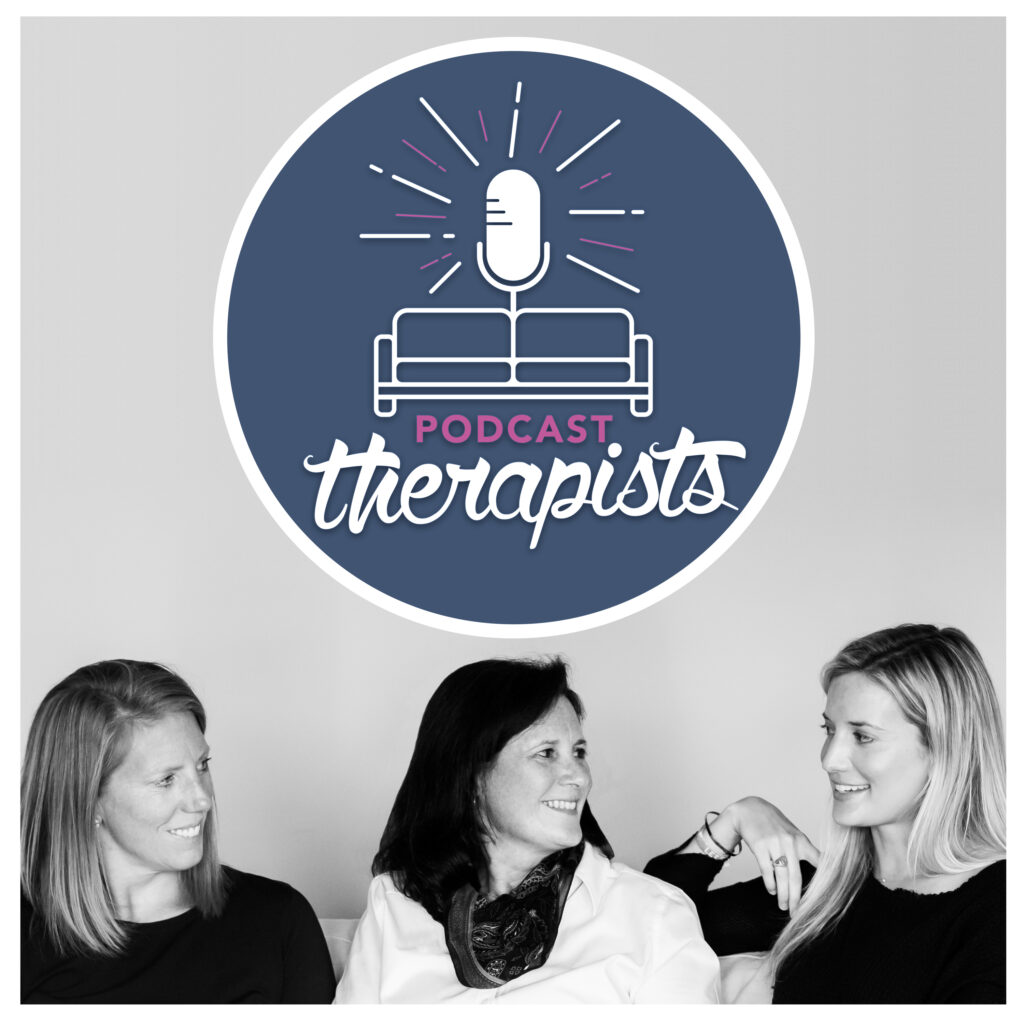Child and Adolescent Suicide

Did you know that, in the United States, emergency room visits for suicide attempts by adolescent girls in early 2021 rose 51% compared to the same period in 2019?
There’s a serious mental health crisis going on for kids and adolescents. As therapists, we’ve known this for a while but now studies are backing up what we’ve seen and there’s an increase in media attention around the topic.
The taboo around child and adolescent suicide
There’s a taboo around the topic of child and adolescent suicide and many times families don’t know much about it until it’s a crisis in their family or community. With today’s episode, we want to address the topic directly.
“It can’t be taboo right now if you have kids or teens in your house.”
It’s a hard episode but also a very helpful one. Please be thoughtful about whether you want to listen and how you’re going to take care of your family if this feels particularly hard for you.
Signs and symptoms of suicidal ideation
We talk of suicidal ideation when someone had thoughts about suicide. Please note that this is very different than having an actual plan. Before diving into different signs and symptoms of suicidal ideation, we find it important to note the following: Firstly, you know your child best. If you have any concerns, don’t hesitate to contact a professional (resources below). There’s absolutely no judgment when you reach out for help. It’s not your call as a parent to make the call if your child’s behavior is on the relatively normative side or if it’s concerning. If your kid is demonstrating any of these signs or symptoms, take them to a professional.
“You’ll never regret getting a second opinion.”
Secondly, some of these signs and symptoms can also be seen in (mentally) healthy kids. Again, you know your child best but reach out to a professional if you have any concerns.
Some signs and symptoms of suicidal ideation are:
- Your child talks about killing themselves, feeling hopeless, not having a reason to live, being a burden, feeling trapped, or feeling unbearable pain. Maybe your child is not a talker and expresses in other ways, like writing or drawing.
- Increased alcohol or drug use
- Searching (on the internet) for ways to end their life
- Withdrawing from activities
- Sleeping too much or too little
- Texting or visiting people to say goodbye
- Giving away priced possessions
- Increased aggression
- Fatigue
- A change in their overall mood: depressed, anxious, big loss of interest in things that used to make them happy, irritability.
“I really believe in privacy for kids and adolescence when they grow up, but if there’s ever a concern, privacy is out the window.”
Resources – Who to contact when you have concerns
Depending on your level of concern, here are some places to contact when you have concerns:
- A good place to start is your pediatrician. They can direct you where to go. Make sure to let them know how concerned you are and that you’re talking about a serious mental health concern.
- If you or your child already have a therapists, give them a call.
- Look for a therapist or contact us.
- Contact your local emergency room.
- Google “mental health crisis help near me”.
- Call a suicide hotline. There are multiple ones. You can use Google to find one. An example is the American Foundation for Suicide Prevention. You can call them on 800-273-8255 or text TALK to 741 741.
In our episode we give more tips and insights. Please remember, there is no judgement and no shame in reaching out to a professional. We’re all here to make sure everyone is okay.
More about Virginia Family Therapy
Virginia Family Therapy is a mental health practice serving individuals, families, and our community. VFT is designed to help people at all stages and from all walks of life by offering therapists and physicians with diverse backgrounds and specialties via face-to-face, walk-and-talk, and telemedicine appointments. Throughout, we are committed to developing strengths-based, authentic, and long-lasting relationships with you and your children. We hope to provide you with the support and insight you need to help your family navigate life’s hard times and joys.
Contact us here.
In this episode on child and adolescent suicide, we cover:
- some disturbing facts and numbers around child and adolescent suicide;
- signs an symptoms of suicidal ideation;
- what to do and where to go when you have concerns.
Resources and links mentioned in this episode
- Are you or your child struggling with mental health? We have a team of psychologists and psychiatrists who can help you out. Don’t hesitate to contact us here.
- We’d love to hear your feedback on our podcast. Why not leave us a review on Apple Podcasts?
- Connect with us on Facebook or Instagram.
- Read the New York Times article on the youth mental health crisis that Caroline talks about here.
Disclaimer: Please remember we are real live therapists, however this is a podcast and is not considered a therapy session. Not only because there is no co-pay but also because we can’t speak to your individual experiences. We are here to help you keep raising healthy kids. And remember, if you are an imperfect parent, we are right there with you. If you or someone you love is in immediate danger, please call your local crisis hotline or go to your nearest emergency room.
